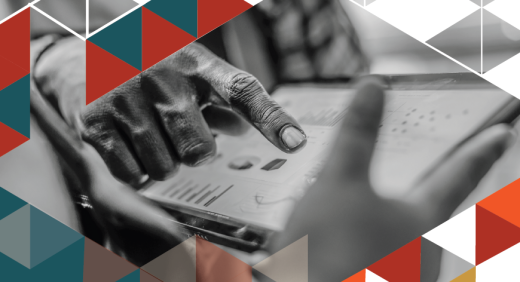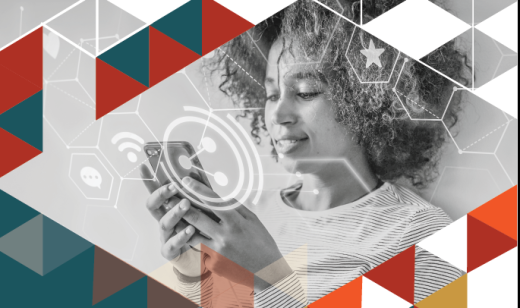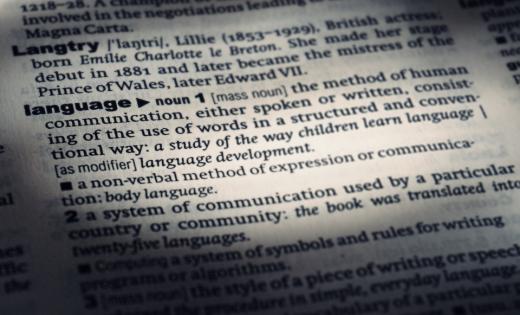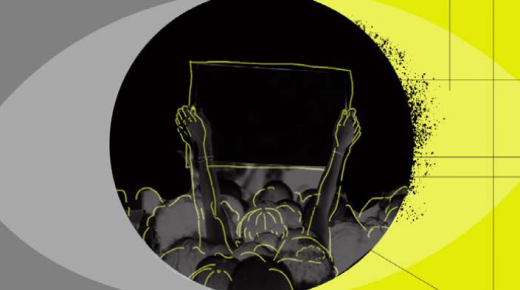
Publications
Even before the adoption of the African Declaration on Internet Rights and Principles (AfDec) in 2014, the information and communication sector on the continent was already experiencing rapid technological advancements, driven by the growing demand for faster, more reliable, and interactive modes of communication. This evolution, while transformative, has also brought disruptions, necessitating that policymakers identify overarching trends and understand their interconnections to develop comprehensive and practical solutions for key global human rights challenges.

Publications
The African Declaration on Internet Rights and Freedoms (AfDec), adopted in 2014, emerged as a critical response to the growing challenges and opportunities presented by the digital age. As the internet rapidly transformed societies across the African continent, concerns about privacy, security, censorship and digital inequality became increasingly prominent. This declaration, crafted by a coalition of civil society organisations, seeks to establish a framework for ensuring that the internet is used as a tool for social justice, economic development and human rights.

Opinions and commentary
The United Nations declared 2022-2032 the International Decade of Indigenous Languages, with the hope of creating a pathway for promoting mainstream linguistic diversity and multilingualism, including in the digital sphere. Currently, there are an estimated 7,000 languages and dialects in the world, of which only 10 dominate the internet ecosystem.

Event reports
